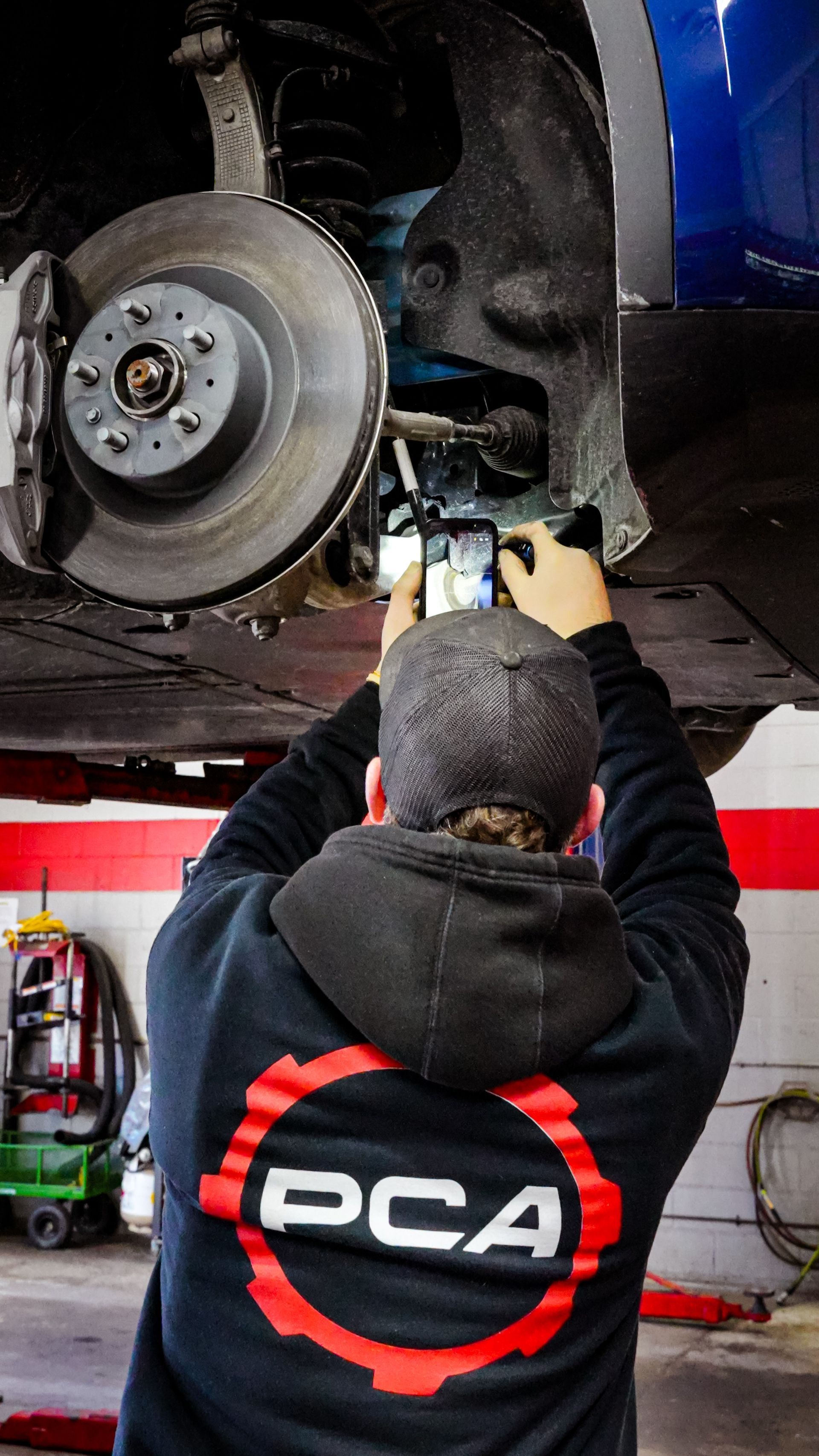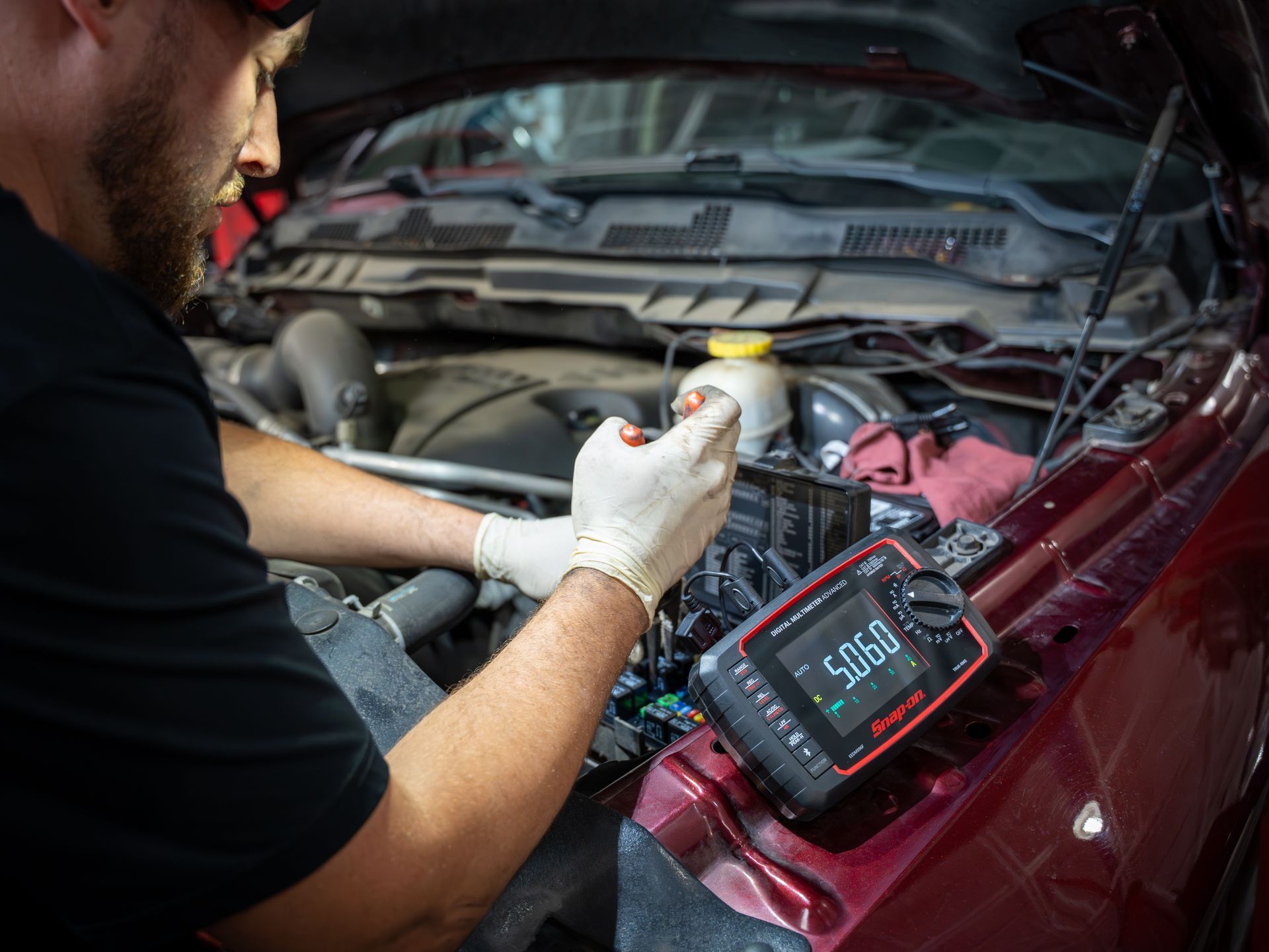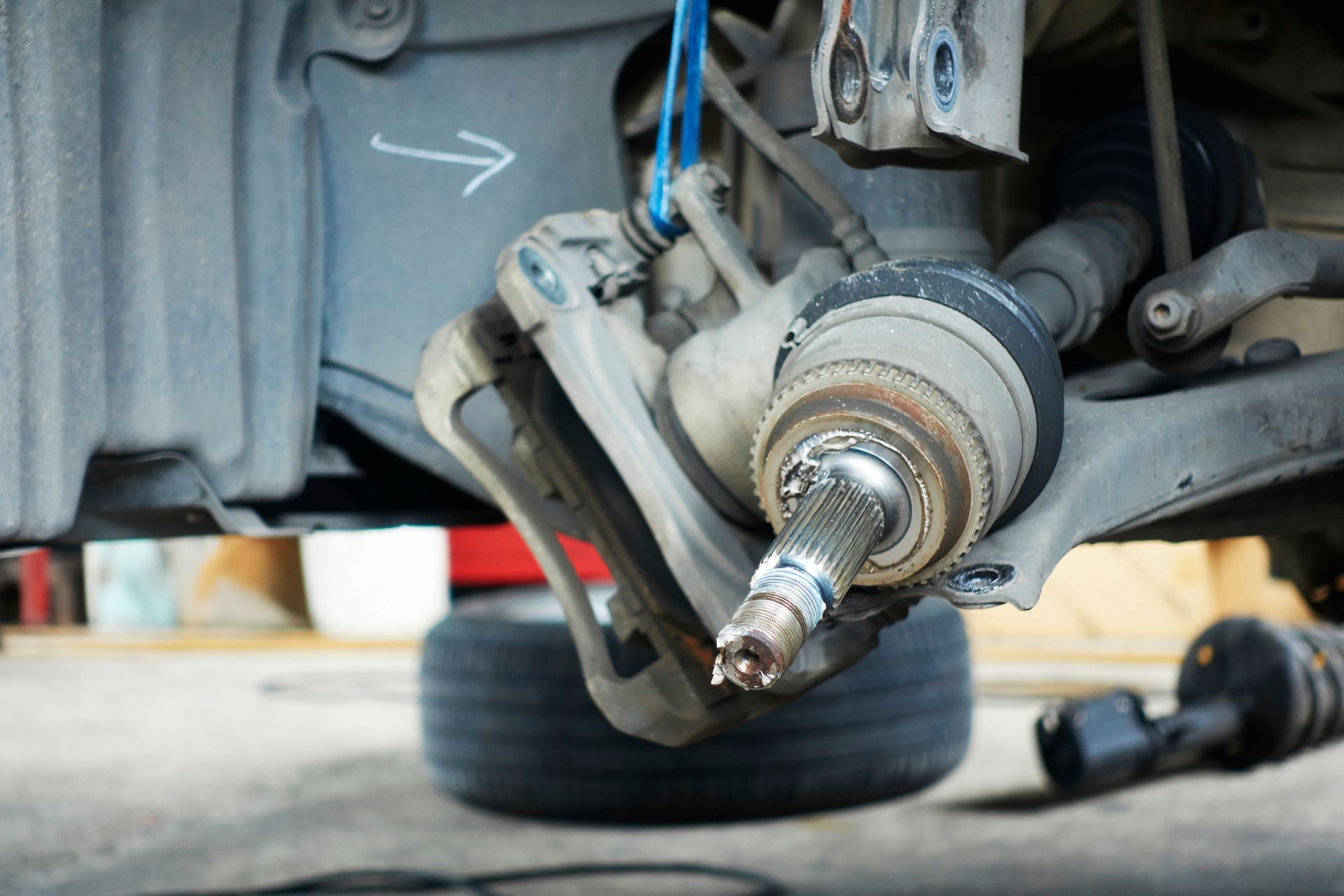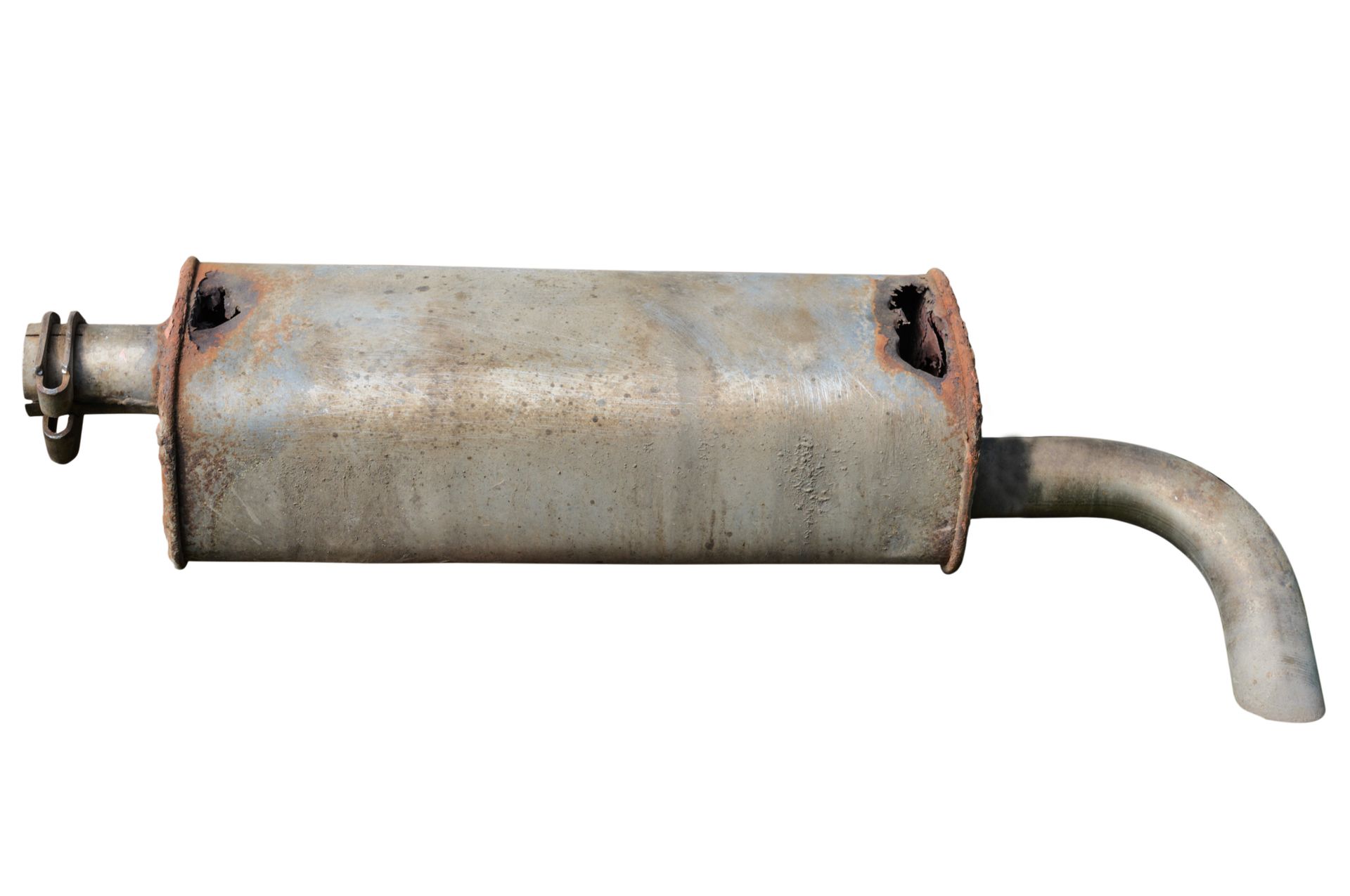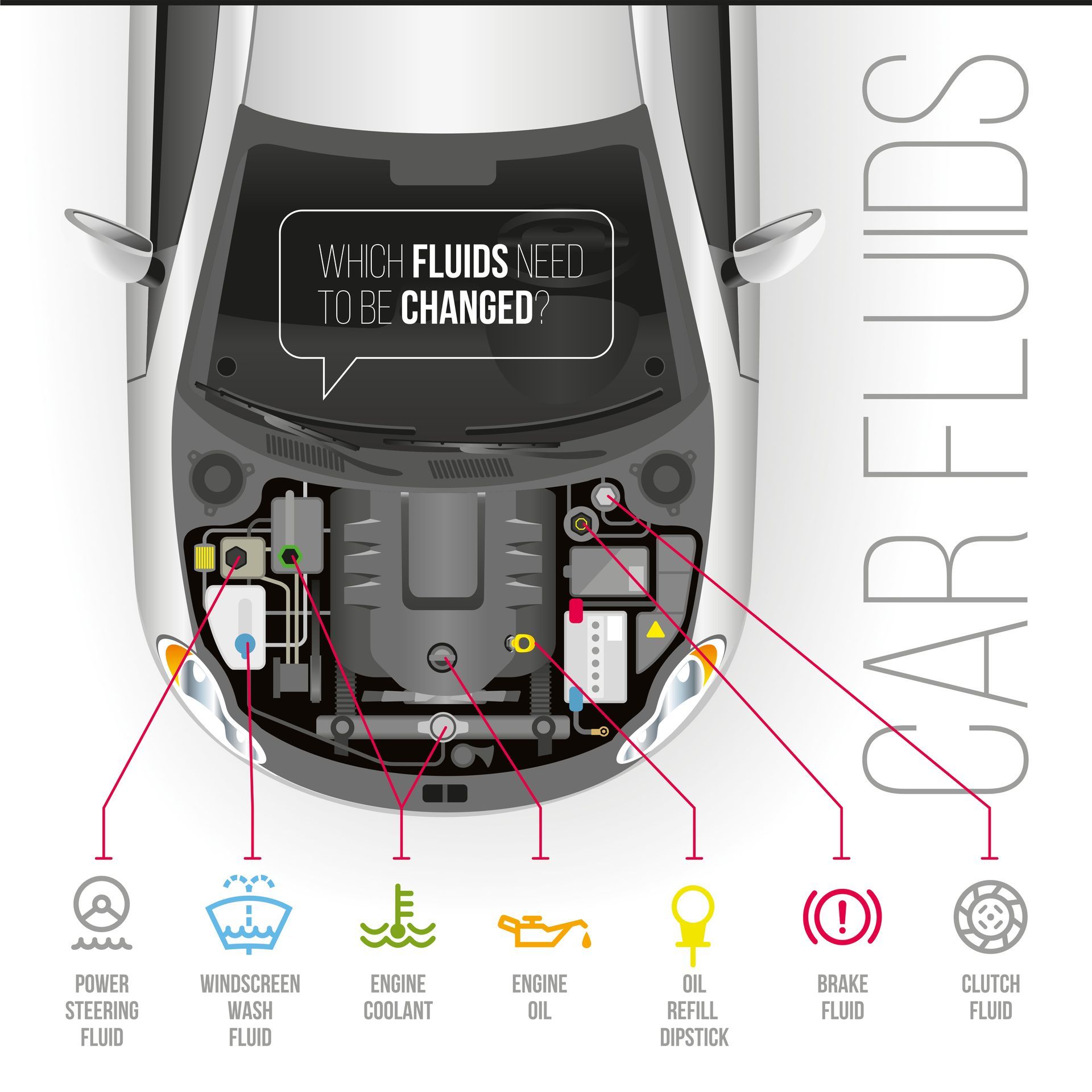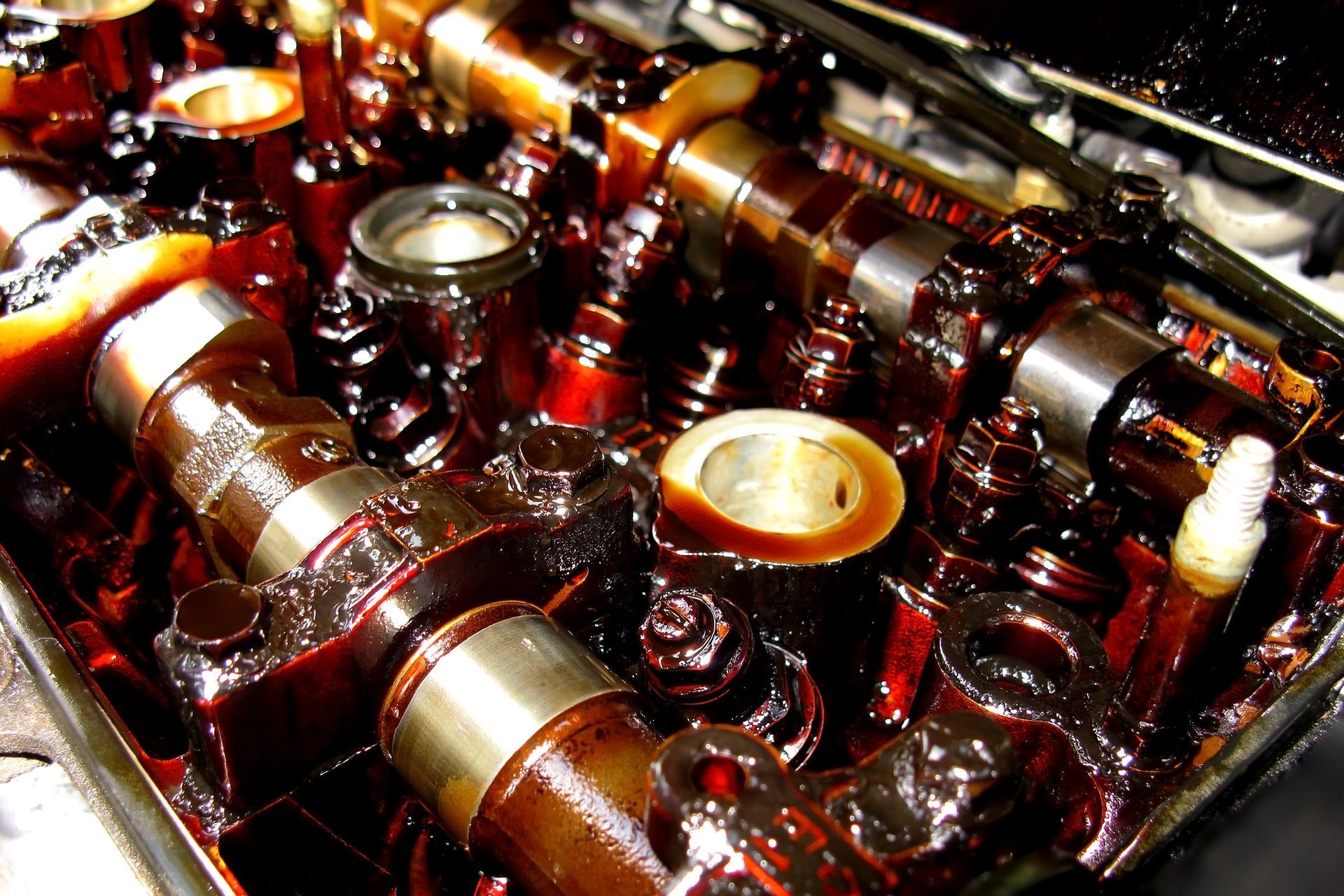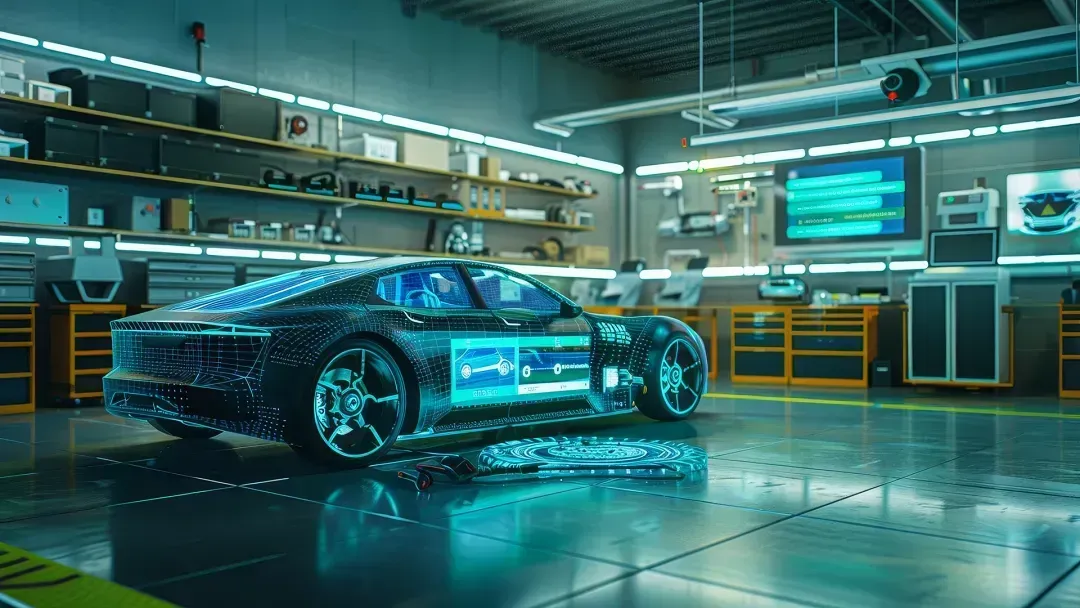Everyone likes offering advice to others. It makes them feel helpful, knowledgeable, and it helps someone in need. Unfortunately when it’s about cars, it’s often the wrong advice. When people don’t check their facts, their well intended advice perpetuates car misconceptions that do more harm than good. Here are three common myths about car batteries.
Not Driving Your Car Much Means the Battery Is in Mint Condition
While this may be true for some of your car parts, it isn’t for your car battery. If you only drive your car a few blocks down the road to the grocery store once a week, the battery will likely require more frequent replacements than your neighbor’s who drives hour-long daily work commutes. While his battery gets hour-long recharging twice a day, your battery steadily discharges as it sits in your driveway.
Starting your car drains yet more charge from the battery and your short drive to the store doesn’t recharge the battery enough for it to recover from starting the car. This leaves your battery chronically undercharged until it’s unable to start your car. After jump starting your car many times, the battery steadily loses its ability to retain charge until it eventually requires replacement.
Driving Your Car Completely Recharges Your Battery
How well your battery is recharged depends on your alternator’s condition, the length of time of the drive, the amount of current diverted to other devices, and the temperature. If your drive is short or stop-and-go, the battery won’t be recharged. Likewise, if it’s a hot humid night with a light drizzle, then your headlights, air conditioner, and wipers will be on. This means less of the alternator’s current is available to fully recharge the battery.
You Can Test Your Alternator by Disconnecting the Battery While the Engine Is Running
The theory behind this myth is that a good alternator should produce enough current to run the engine . This was an accepted practice many decades ago when microelectronics weren’t used in cars. Today, this practice will likely harm these sensitive components because the alternator produces pulsating DC current with damaging voltage spikes. The battery acts like a voltage stabilizer that filters out the spikes.

